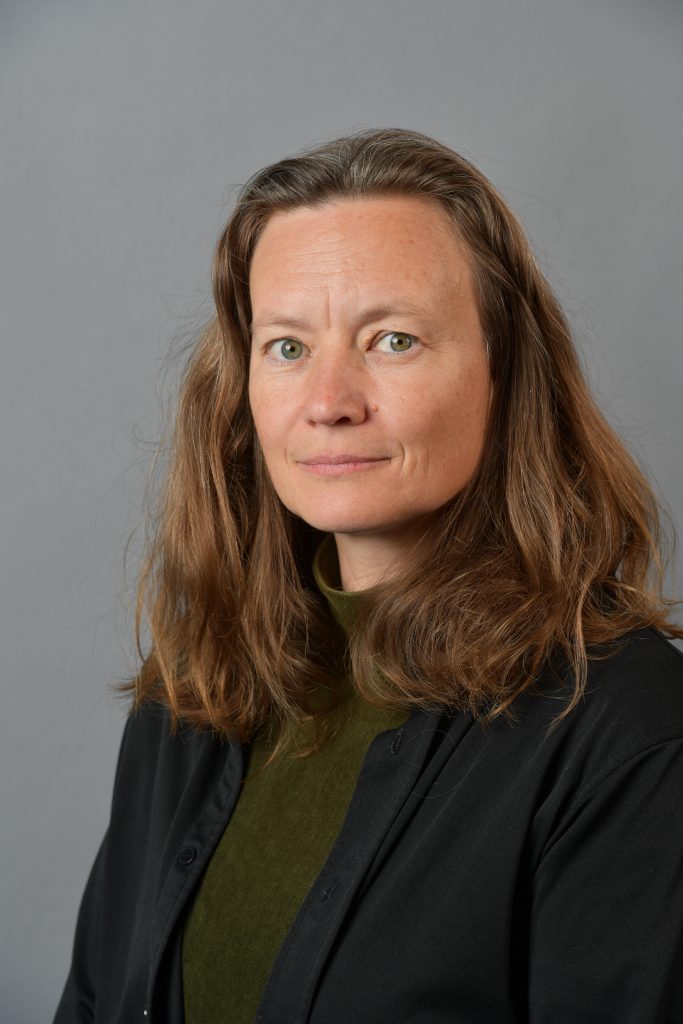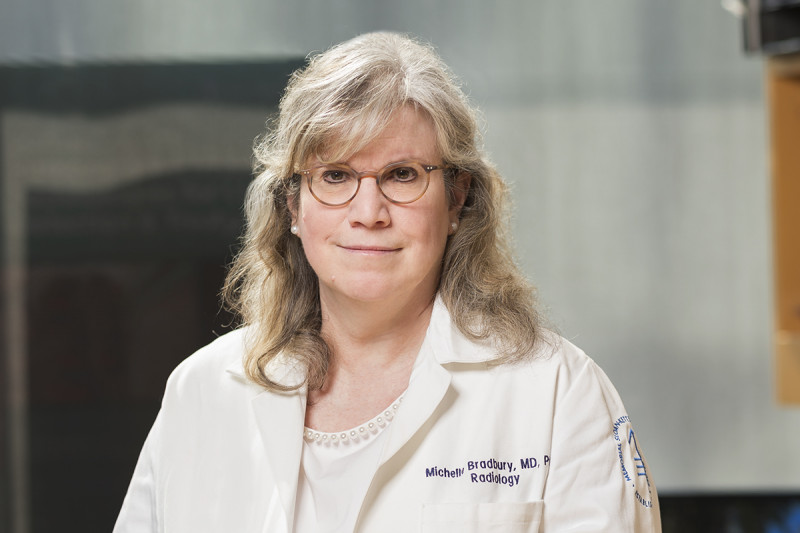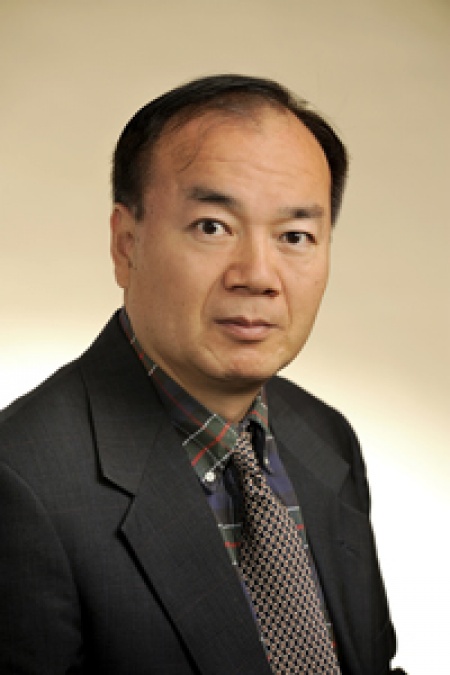 In a first for the CDC, the agency’s premier scientific publication has retracted a 2016 article on suicide, five months after a news story pointed out serious errors in the paper.
In a first for the CDC, the agency’s premier scientific publication has retracted a 2016 article on suicide, five months after a news story pointed out serious errors in the paper.
The article, initially published as “Suicide Rates by Occupational Group — 17 States, 2012,” had purported to find that farmers were at particularly high risk of suicide. That result in particular caught the attention of a website called The New Food Economy (TNFE), which last June called out what it said were errors in the CDC’s analysis. And on June 29, the journal, the Morbidity and Mortality Weekly Report (MMWR), issued a reader’s note.
As TNFE wrote, the crux of the mistake involves the misclassification of farmer suicides in a way that significantly inflated the rate of these events — errors the website said it first raised with the CDC in April 2018: Continue reading In a first, U.S. CDC retracts, replaces study about suicide risk in farmers




 The FDA has walked away from a 2010 rule that would have forced drug makers to disclose fabricated data to regulators.
The FDA has walked away from a 2010 rule that would have forced drug makers to disclose fabricated data to regulators. 


